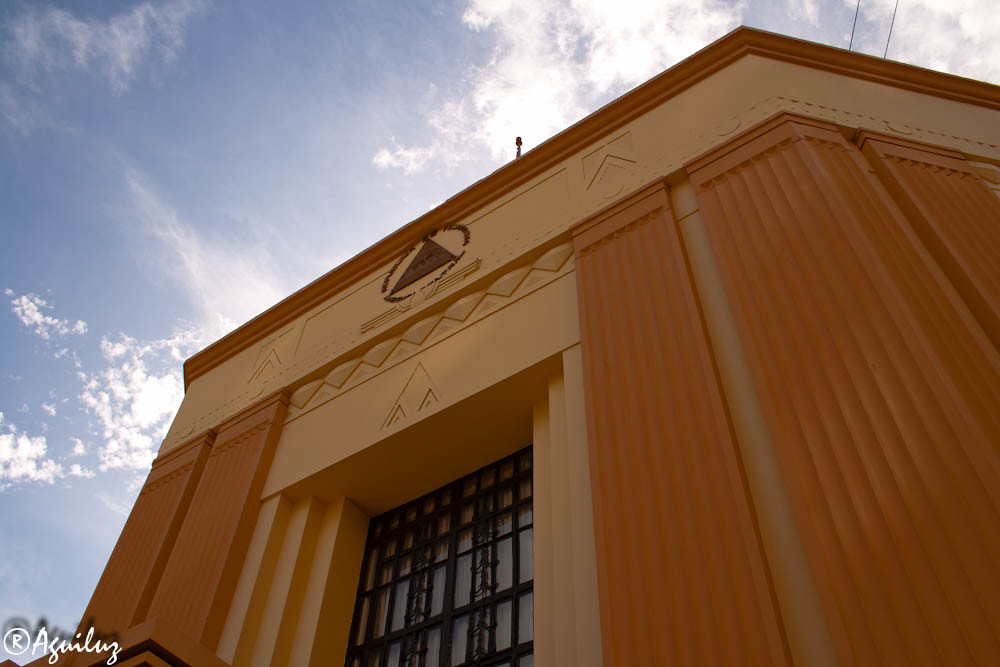RIO DE JANEIRO, BRAZIL – Nicaragua’s parliament on Tuesday passed an electoral system reform that bans party financing from abroad and limits the involvement of international observers, which is seen by opponents as an attempt by President Daniel Ortega to further entrench his power.

The National Assembly, largely dominated by the ruling party, also endorsed a clause that prohibits those who have been identified by the authorities as having taken part in protests against the president in 2018 from participating in the elections.
Legislators loyal to Ortega, who has ruled uninterruptedly since 2007, said that the changes to the law seek to prevent foreign interference in the elections and to block the nomination of candidates the government deems to have sought to perpetrate a coup d’état.
The opposition maintains that the reform does not guarantee transparency in the presidential elections scheduled for November, as the international community has been demanding.
“The reforms do not guarantee free elections, it strengthens Ortega’s control over the Electoral Council and allows him to decide who can and cannot be his rival,” said opposition politician Eliseo Núñez.
Minutes before the reform, deputies of the ruling Frente Sandinista de Liberación Nacional (Sandinista National Liberation Front) party appointed the 10 new Supreme Electoral Council magistrates, who are openly pro-government. In the last term, only 8 of the 10 council members were sympathetic to the president.
The Organization of American States had given Ortega until May to promote reforms that would give credibility to the electoral system, which is accused of responding to the interests of the leftist ex-guerrilla.
Nicaragua will hold presidential elections on the first Sunday of November and Ortega intends to be a candidate for reelection. For its part, the opposition is debating between participating with the conditions which they assure are adverse, or abstaining.
In recent days, Ortega appointed ex-minister of Defense Martha Elena Ruiz Sevilla as his new minister advisor for politics and international affairs.
Ruiz Sevilla, wife of the Chief of Staff of the Nicaraguan Army, Major General Bayardo Rodríguez, was appointed to the post by Ortega through an ordinance published last Friday in the Official Gazette.
She replaces Paul Herbert Oquist Kelley, who was sanctioned by the U.S. State Department in the context of the social, political and human rights crisis that Nicaragua has been experiencing for the past 3 years, and who died last April 13th.
In the presidential decree, Ortega revoked the appointment of Ruiz Sevilla as Deputy Secretary of the Private Secretariat for National Policies of the Presidency of the Republic. In February 2014, Ruiz Sevillla became the first woman to be appointed Minister of Defense of Nicaragua, a portfolio she managed until 2019. She is an attorney and previously served as Secretary General of the Ministry of Defense.
Source: infobae

